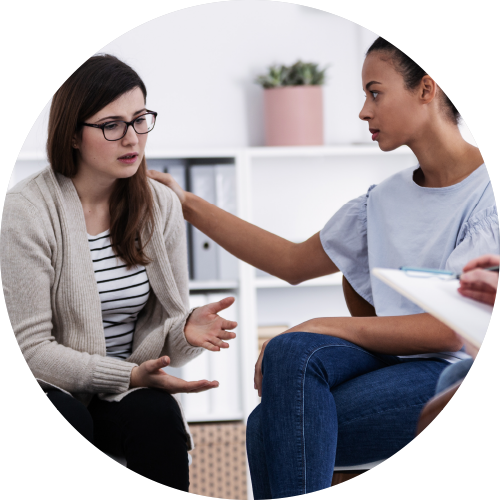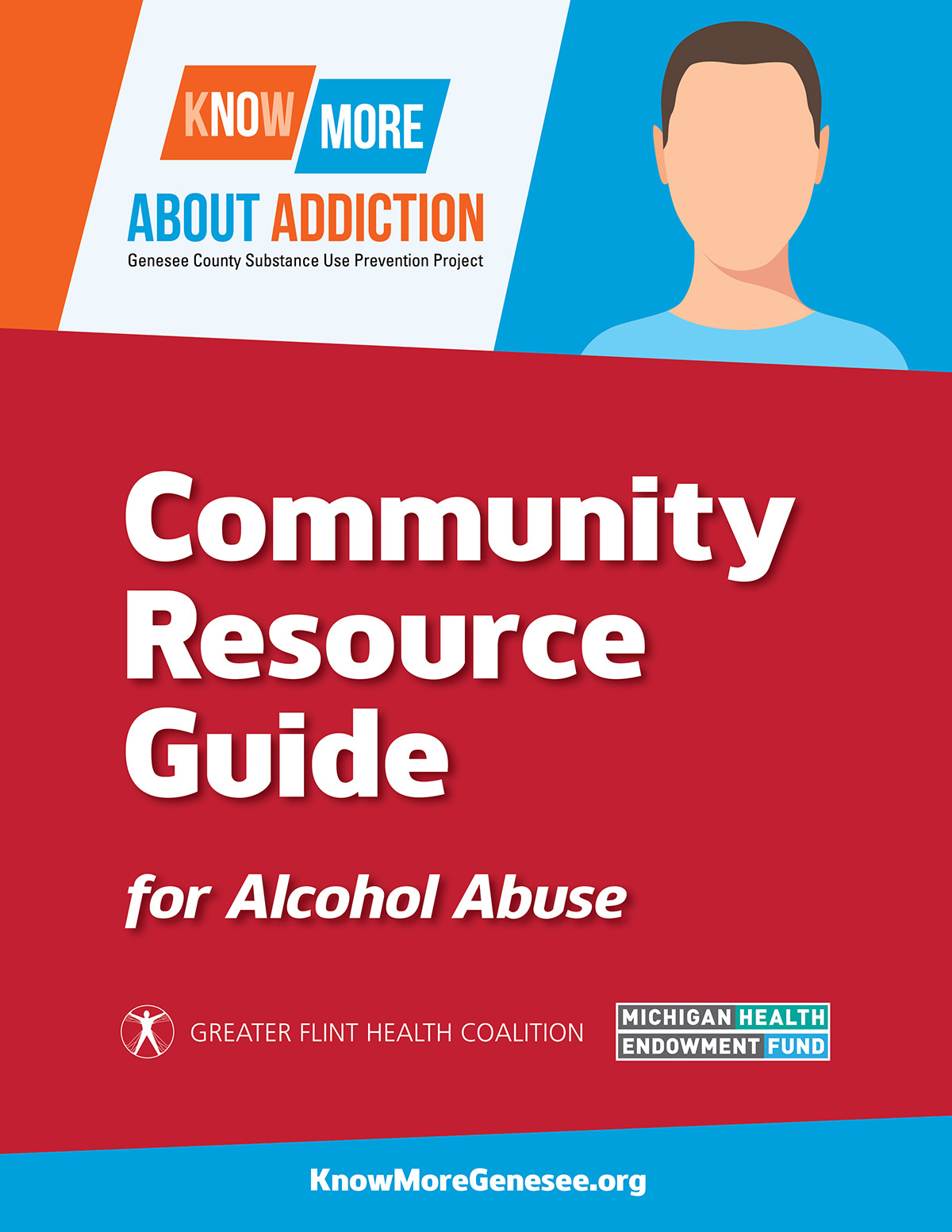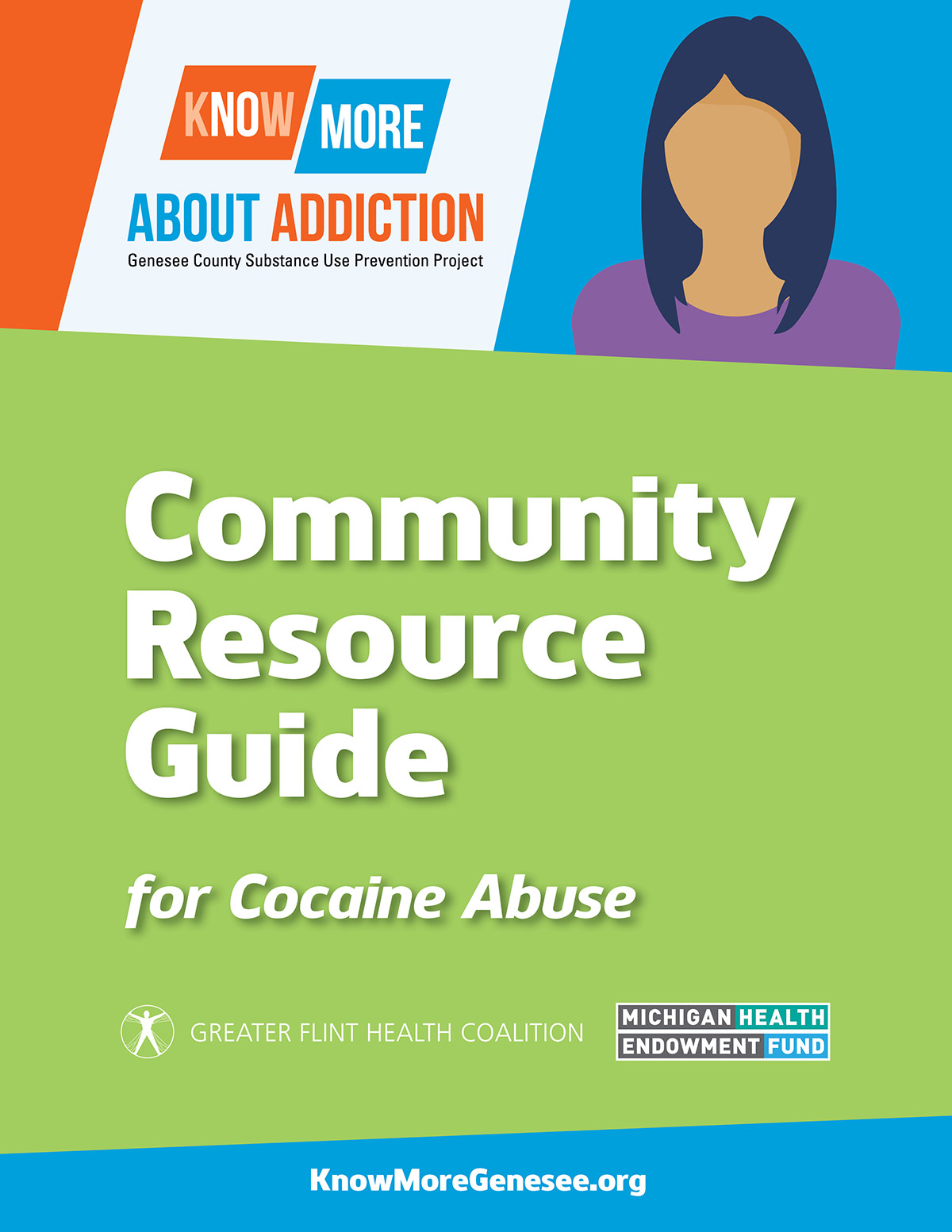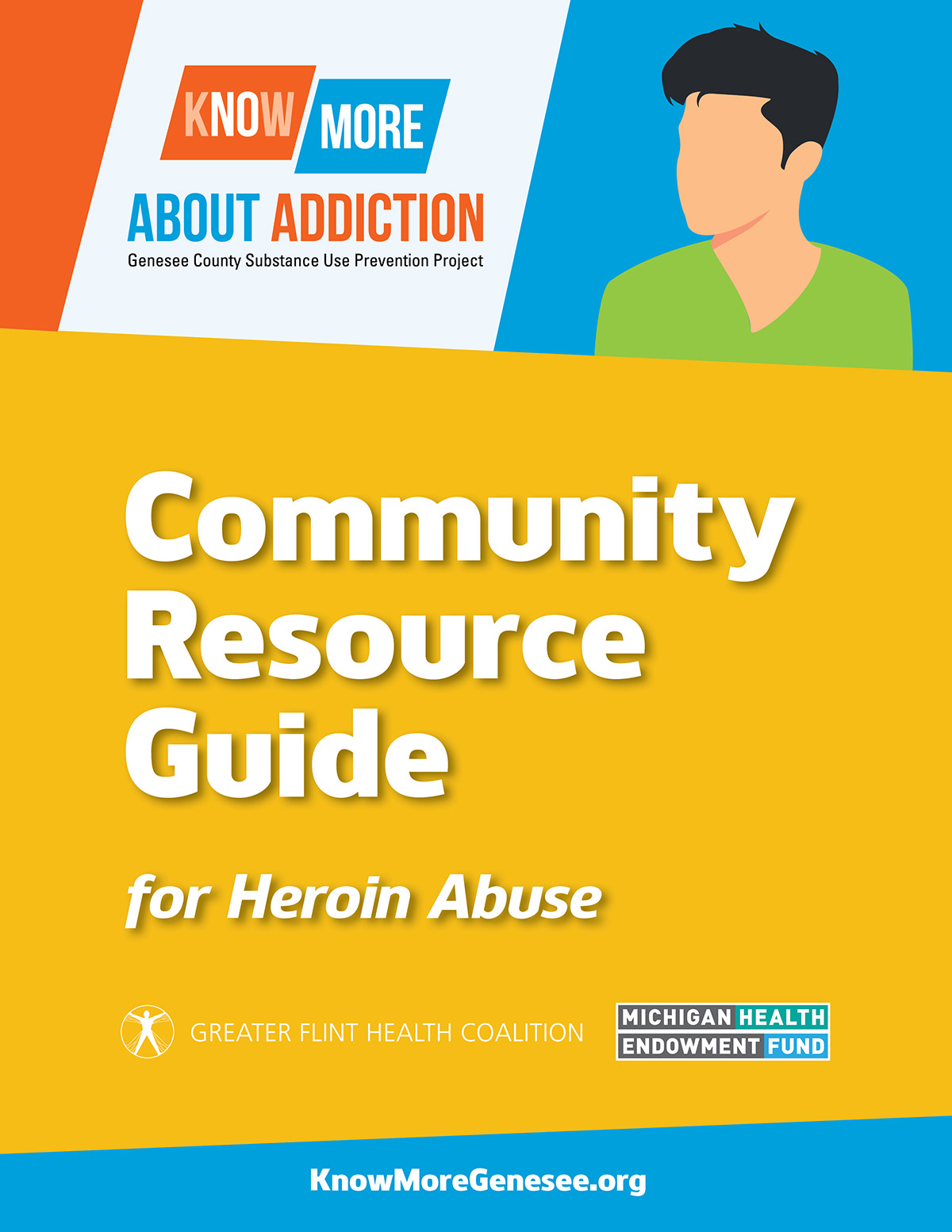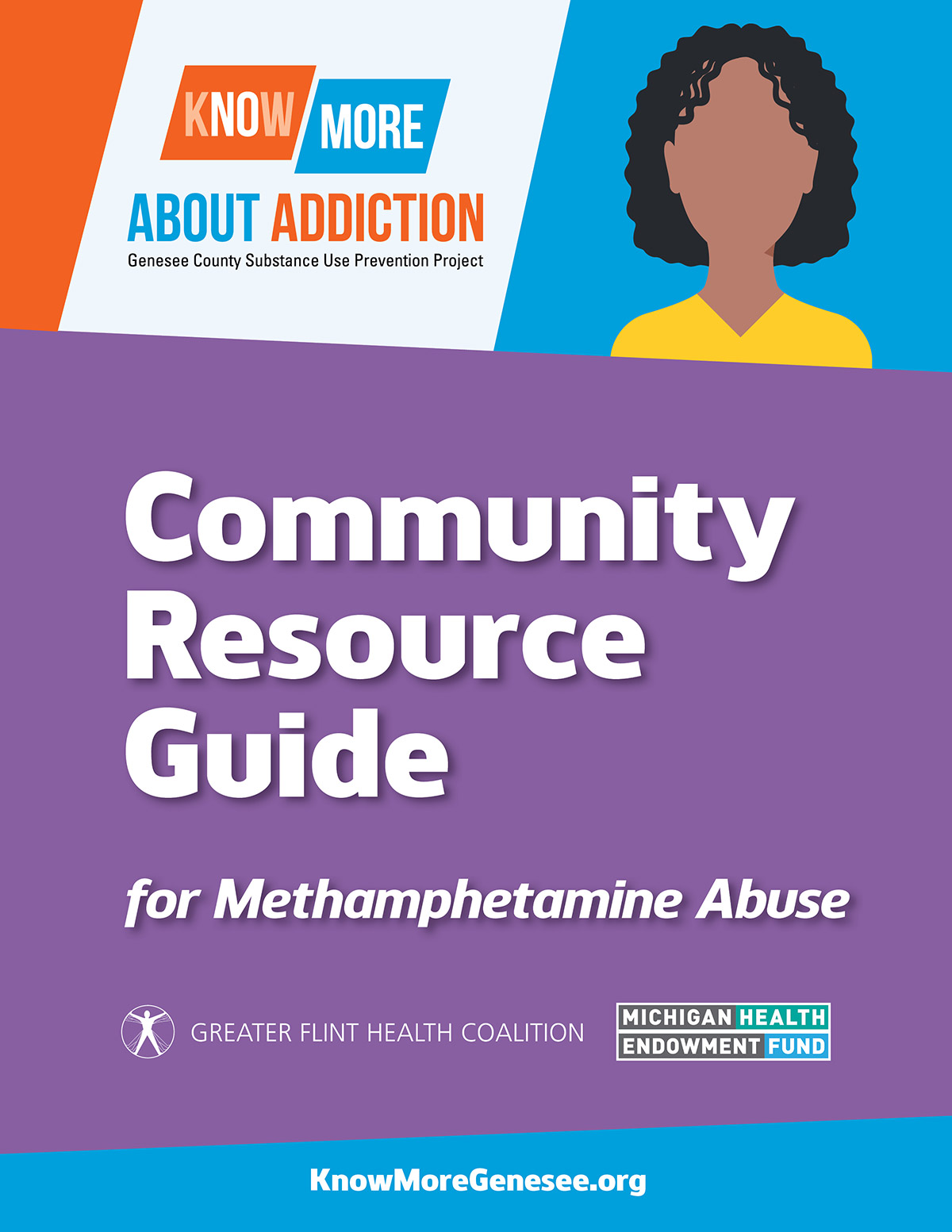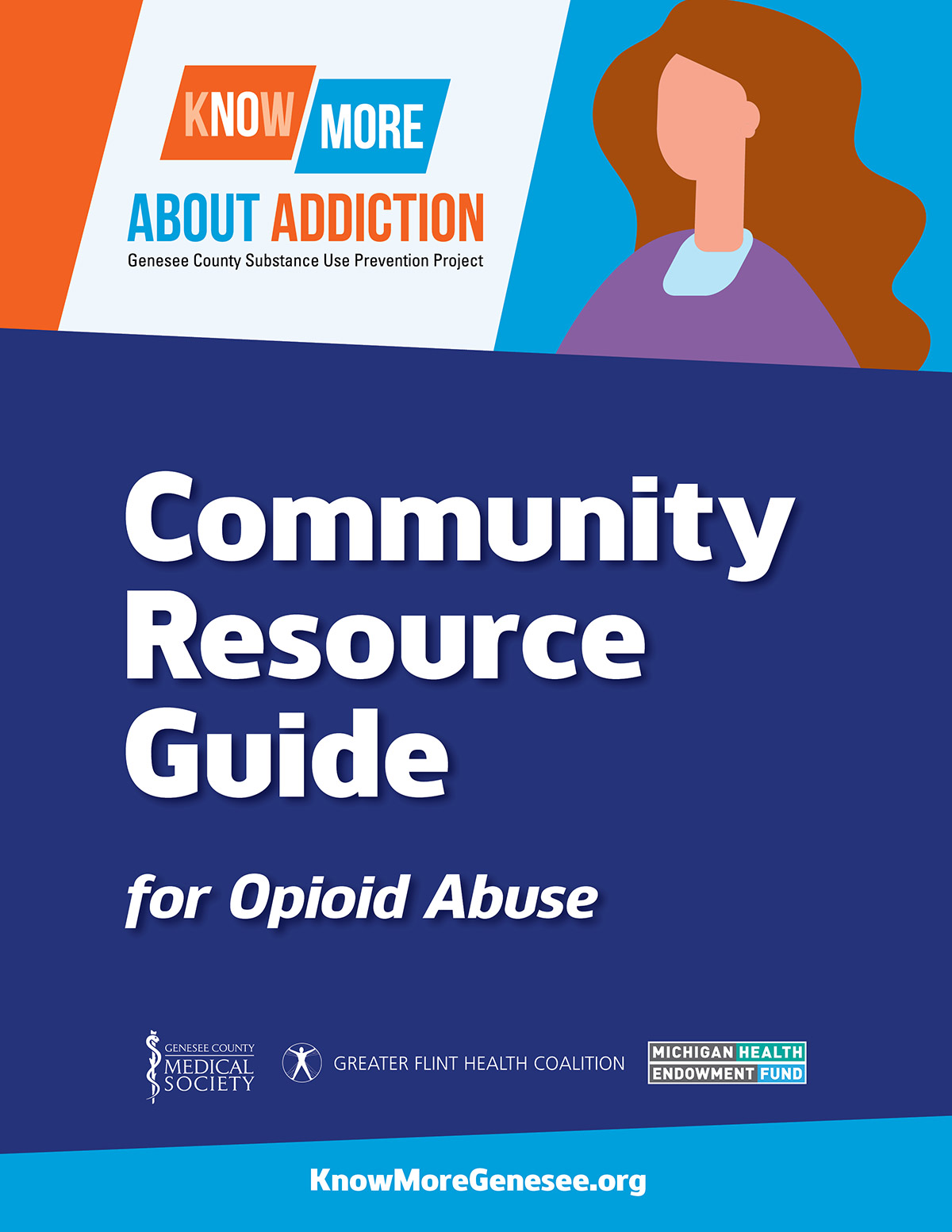The Genesee County QRT Seeks to:
- Connect overdose survivors to harm reduction and treatment services immediately following an overdose.
- Reduce repeat overdoses and increase the number of individuals in post-overdose treatment.
- Assist individuals who have experienced an overdose with recovery support, SDOH referrals, and links to treatment options.
- Increase community readiness to prevent overdose.
What is a Peer Recovery Coach?
The New Paths, Inc. Opioid Overdose Response Program (OORP) serves as the Peer Recovery Coach service provider for the Genesee County Quick Response Team (QRT). An OORP Peer Recovery Coach is a person in long-term recovery with a lived experience in active addiction.
What Do Peer Recovery Coaches Do?
- A Peer Recovery Coach takes a non-clinical or medical approach to combatting addiction but has undergone required training to become certified to act as a peer, family, and professional support to help connect SUD patients to treatment and improve treatment outcomes.
- A Peer Recovery Coach supports individuals in present crisis and helps them to identify and discover their own pathway to recovery with continued contact for 90 days as an OORP client.
What Happens When a Peer Recovery Coach Referral is Made?
- Upon referral (self-referred or professional referral), an OORP Peer Recovery Coach will respond within a 30-minute time window and arrive at the facility/site to visit the patient and provide peer recovery coach services within one hour of the initial call time. If needed, Peer Recovery Coaches can also provide services by phone call or video conference.
- Post initial patient contact, the OORP Peer Recovery Coach will seek to coordinate care with the patient’s medical and behavioral health team to discuss the patient’s decision to accept or refuse services and identify next steps for the patient’s care plan.
MDHHS Leave Behind Naloxone Program
MDHHS, in partnership with EMS agencies, launched the EMS Naloxone Leave Behind Program in August 2020 to address these urgent needs and get naloxone into the hands of people who need it most. This program allows first responders to leave behind extra naloxone kits with the patient, family and friends, or bystanders at the scene of a non-fatal overdose. Survivors are at high risk for repeated overdoses, making the provision of naloxone to these individuals and their loved ones particularly important. Each kit includes naloxone and instructions on overdose response.
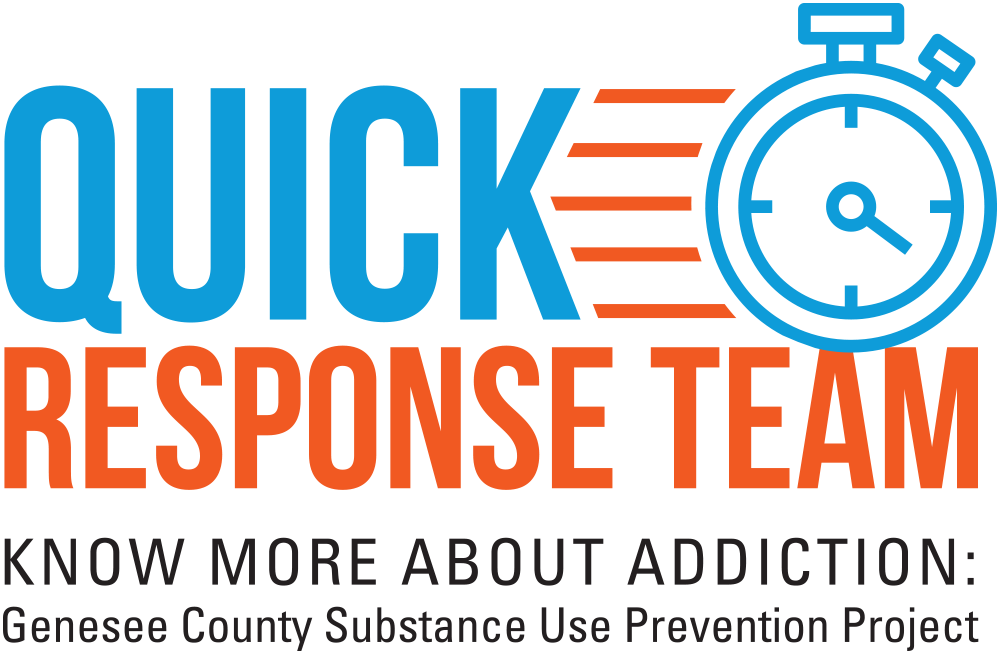
Addiction is Real.
We Can Help.
Providing confidential help to those in need.
Call or text 24/7 for support services.
QRT Warmline: 810.624.1177
QRT Text Line: 810.835.4288
